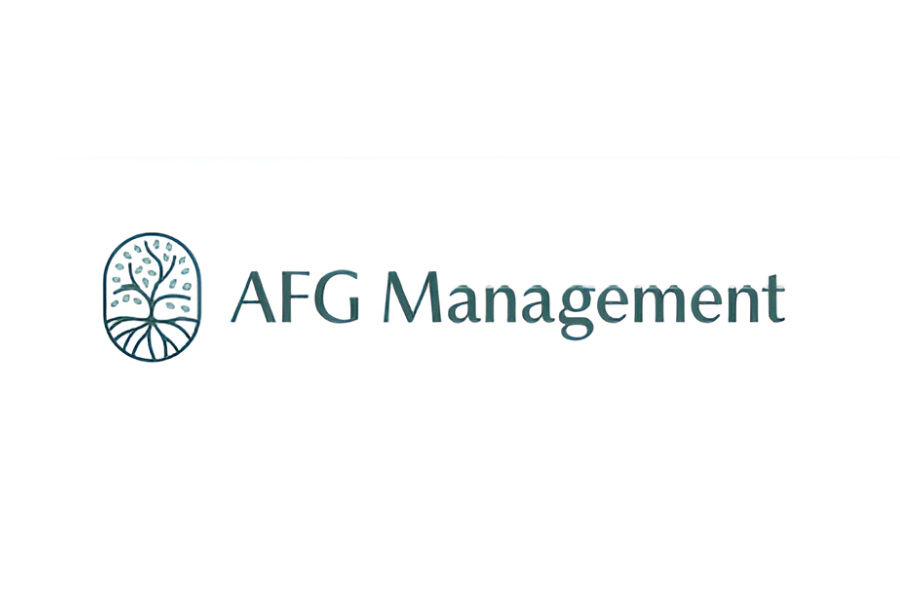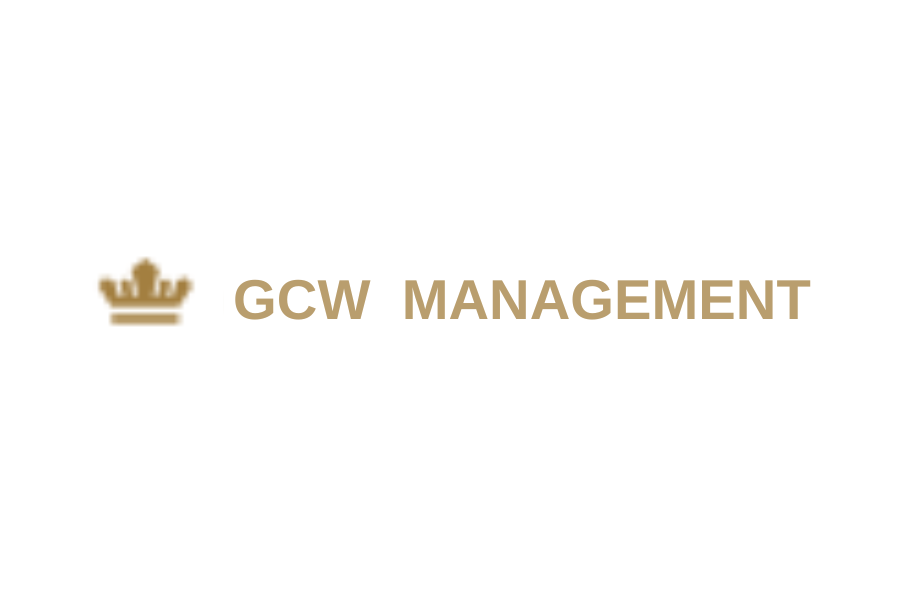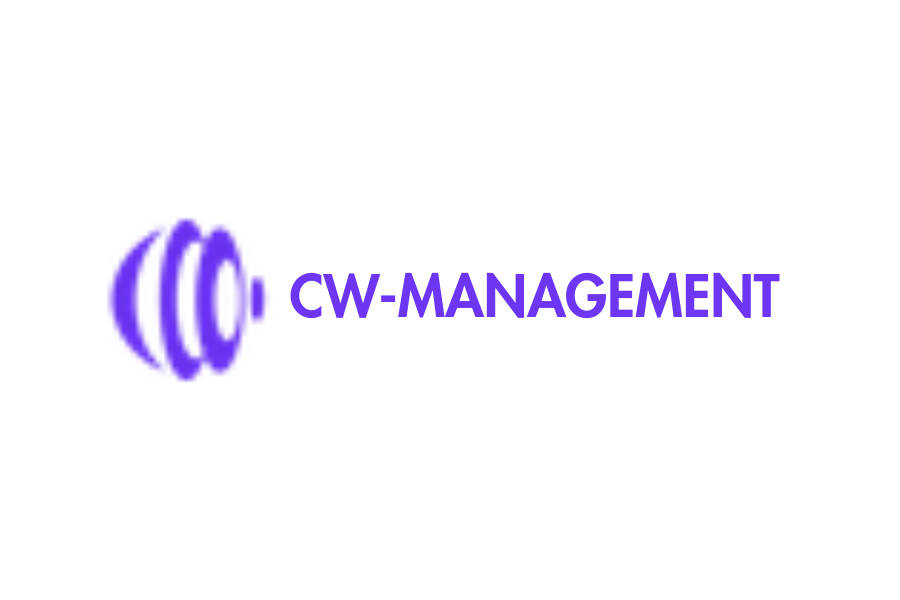Introduction
As the U.S. presidential race nears its crucial stages, former White House Chief of Staff John Kelly has issued a warning that has sent shockwaves through political circles. Speaking to The New York Times on October 22, 2024, Kelly expressed grave concerns about former President Donald Trump’s leadership style, suggesting that a second Trump presidency could result in authoritarian governance unprecedented in modern American history. The statement reflects Kelly’s perspective, grounded in firsthand experience during Trump’s first term, where he observed behavior he now characterizes as indicative of authoritarian ambition.
Kelly’s insights arrive at a time when Trump’s campaign is surging among a polarized electorate, where many believe that the former president’s assertive style is a requirement to “drain the swamp.” However, others argue that the traits praised by some as decisive leadership may cross dangerous lines, edging towards a form of governance more dictatorial than democratic.
Kelly’s Concerns Over Trump’s Leadership Style
John Kelly, a retired four-star Marine Corps general, initially joined the Trump administration with a sense of duty and a desire to bring stability. However, he has since become one of Trump’s staunchest critics from within the former administration. According to Kelly, Trump’s leadership was frequently marked by a disregard for democratic norms, a tendency to surround himself with loyalists, and a desire for near-absolute control over key government decisions. “The stakes are higher than ever,” Kelly noted, warning that another term could embolden Trump to pursue governance styles more aligned with autocracy than democratic rule.
Kelly claims that Trump’s focus was less on national welfare than on securing unwavering loyalty, often making comparisons to authoritarian rulers who prioritized loyalty over competence. Such tendencies, Kelly argues, could potentially lead to sweeping changes in governmental operations, impacting the balance of power that underpins the U.S. system of checks and balances.
Authoritarian Tendencies: A Recurrent Theme
Kelly is not the first to express concerns over Trump’s governing style. Critics argue that the former president has shown an affinity for authoritarian leaders worldwide, from Russian President Vladimir Putin to North Korean Supreme Leader Kim Jong-un. During his first term, Trump famously engaged in cordial relations with these leaders, drawing condemnation from those who saw these interactions as evidence of his admiration for strongman tactics. Supporters, however, viewed Trump’s actions as pragmatic diplomacy, aimed at keeping adversaries close.
Yet, for Kelly, Trump’s admiration for authoritarianism is not just a matter of style; it signifies a deeper aspiration to lead with unilateral control. “He wanted the generals who would follow orders without question,” Kelly observed, recalling instances where Trump made references to Hitler’s loyal officers. To Kelly, these anecdotes reflect Trump’s longing for a hierarchical, unquestioning structure in his administration, devoid of the dissent and debate that are essential in a democracy.
Public Reactions And Party Polarization
Kelly’s warning comes at a critical juncture for American democracy, with the country more polarized than ever. The Republican base remains divided, with Trump’s support strong among voters who see him as a bulwark against what they view as a corrupt political establishment. On the other side of the spectrum, Trump’s opponents argue that his brand of leadership poses a clear and present danger to democratic norms. Kelly’s remarks have reignited debates within the GOP, with some expressing concern over Trump’s style, while others dismiss these warnings as politically motivated fearmongering.
To Trump supporters, Kelly’s statements may seem like yet another attack by the so-called “deep state” – a label Trump uses to refer to establishment figures and career politicians. Nonetheless, Kelly’s unique position as a former high-ranking official within Trump’s administration has given his warnings a credibility that is difficult to ignore. For independents and undecided voters, Kelly’s message could raise important questions about the kind of leadership they wish to endorse in the upcoming election.
The Potential Consequences Of A Second Trump Term
If elected, Kelly warns that Trump’s administration may enact significant changes that weaken institutional checks on presidential power. Such a scenario could impact the judiciary, where lifetime appointments and control over the Justice Department could further solidify Trump’s influence. Additionally, Kelly predicts that Trump may seek to undermine the independence of agencies such as the FBI and CIA, turning them into tools of political advantage rather than instruments of national interest.
For instance, Trump has previously hinted at expanding executive powers, notably in areas involving national security and the regulation of domestic protests. Critics worry that such moves could stifle dissent, silence opposition, and erode the constitutional rights that safeguard American freedoms. Under a second Trump administration, Kelly argues, the United States might face a shift toward governance that, while outwardly democratic, functions more like a controlled regime, where power is concentrated in the hands of the few.
Preserving Democratic Institutions: A Call To Action
Kelly’s statements serve as a reminder of the need for vigilance and protection of democratic institutions. For Kelly, Trump’s re-election would not merely be a return to office but a potential reshaping of American governance as we know it. “This isn’t about politics; it’s about the country’s future,” Kelly said in his interview, appealing to Americans to consider the broader implications of their votes.
Kelly’s warning may be a sobering call to action for those concerned about the erosion of democratic principles. He calls for a robust, informed electorate that understands the risks associated with placing unchecked power in any one individual’s hands, urging voters to consider the foundational values of democracy as they cast their ballots.
Conclusion
As the 2024 election draws closer, Kelly’s words echo a deeper question for American society: How much power should any one leader hold? His call is not simply to reject a candidate but to reaffirm commitment to the democratic ideals that underpin the United States.
Kelly’s warning, though somber, reminds Americans of the critical role they play in shaping the nation’s future, urging a decision rooted in the long-standing democratic traditions that have defined the United States since its inception.












